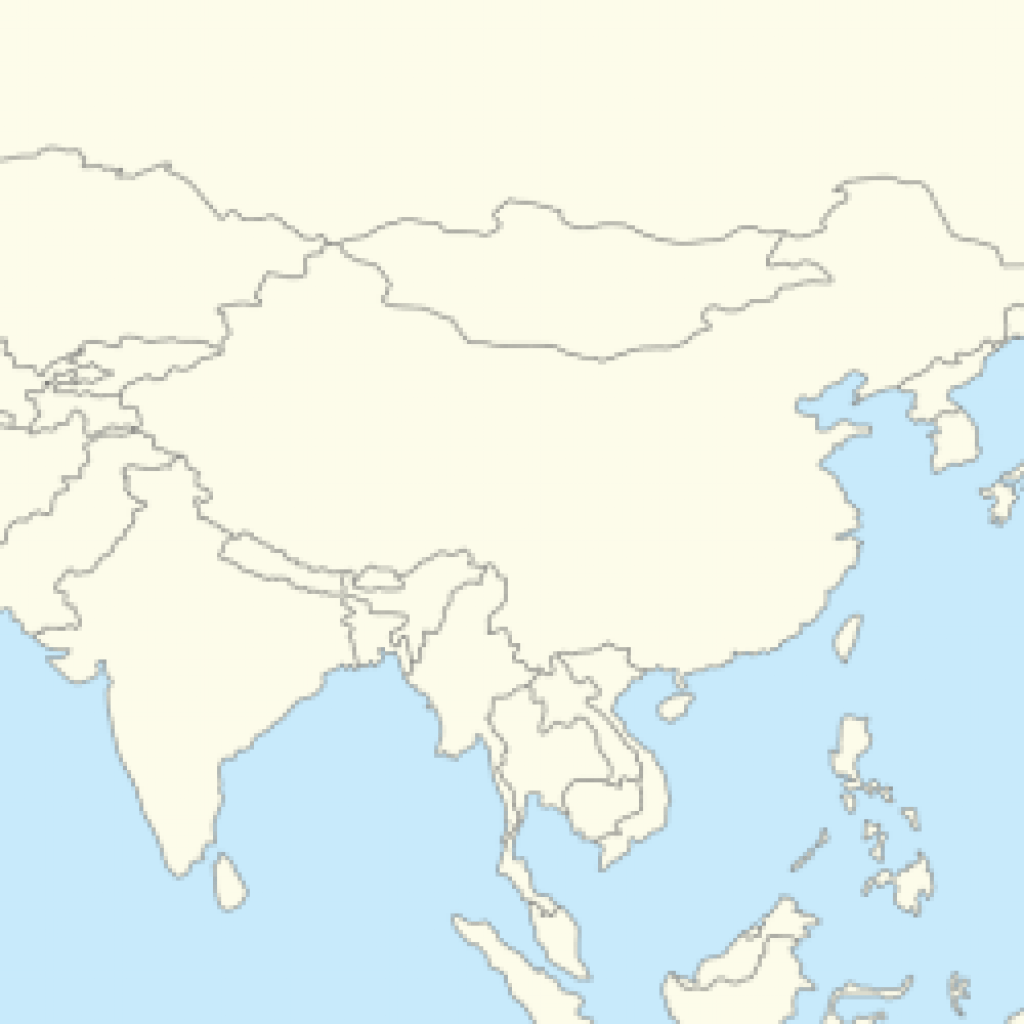(ASIA.Nikkei)Technology giants from Hitachi to Huawei are buying up talent from quantum computing faculty and students in university departments. Venture capital is hunting promising startups, alive to the commercial possibilities of a technology that could rewire the IT sector. At the same time, governments are throwing billions of dollars into quantum computing initiatives, starting a high-tech arms race.
In the last few years, progress on quantum computing has accelerated, lubricated by a sudden rush of money into corporate programs, which have dwarfed the resources of small, grant-funded laboratories. “I think the real catalyst was money that was put towards a single effort, rather than competing efforts,” said Chris Ferrie, associate professor at the Center for Quantum Software and Information at the University of Technology Sydney.
“I think right now we are still underestimating its potential,” said Norishige Morimoto, vice president of research and development at IBM Japan. “An analogy is to compare it to the abacus. … I think it’s almost that level of a jump. Abacus vs. classical computers. Morimoto compares the state of the technology to where classical computers were at in the 1940s — unwieldy, inaccurate machines based on banks of vacuum tubes. “The system engineer at that time would have no idea that this machine would play movies or music, or even connect you to different countries,” he said, in an interview in IBM’s Tokyo headquarters.
This year, Morimoto will oversee the delivery of two quantum computers to Japan, the first time that the company has moved its hardware outside of its New York State headquarters. One will be placed at Tokyo University, and the other at a secure IBM site. The company is trying to recruit industry partners.
Probably the largest and most ambitious program is in China, which elevated quantum computing to the status of a strategic technology around 2017. China has had advanced programs in other forms of quantum technology — particularly communication and cryptography — since the 1980s, but is now devoting resources to catching up in computation.
Quantum physicist Yung Man-Hong spent nearly 20 years in academia in the U.S. and China and then Huawei came calling. He jumped at the chance to get access to the company’s vast resources. Yung’s role, as chief quantum computing software and algorithm scientist at Huawei, is to develop quantum software, including the programming languages and libraries that will allow others to build applications. Huawei’s interest in the technology is not based on any short-term expectations, according to Yung. “I’m not being asked to make revenue, or [any] kind of business plan.
Other Chinese tech giants Baidu and Tencent began to invest in the science in earnest at around the same time. Alibaba was much earlier, according to people with knowledge of the company, starting around 2015.
As the center of gravity shifts towards those big companies, venture capitalists are sniffing at the fringes of the field, looking for the startups that will eventually be acquired by the industry’s big guns. “In quantum, we always think: Who could be the potential buyer?” Fuyuki Yamaguchi, managing partner at Tokyo-based Abies Ventures, which has invested in several quantum-related startups, and is looking for more. U.S. companies are likely to vacuum up startups in order to acquire talent and software, but Japan’s tech giants are also likely to join the hunt.
Asia’s Quantum Computing Arms Race
